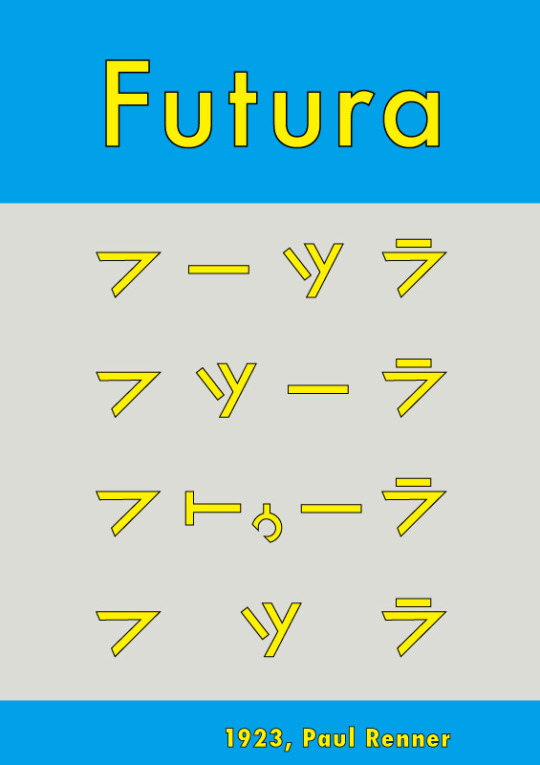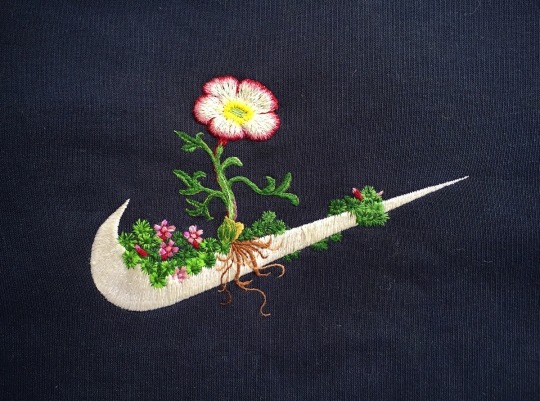Don't wanna be here? Send us removal request.
Photo
infographics by designer ladislav sutnar part of the cooper hewitt foundation (smithsonian design museum)
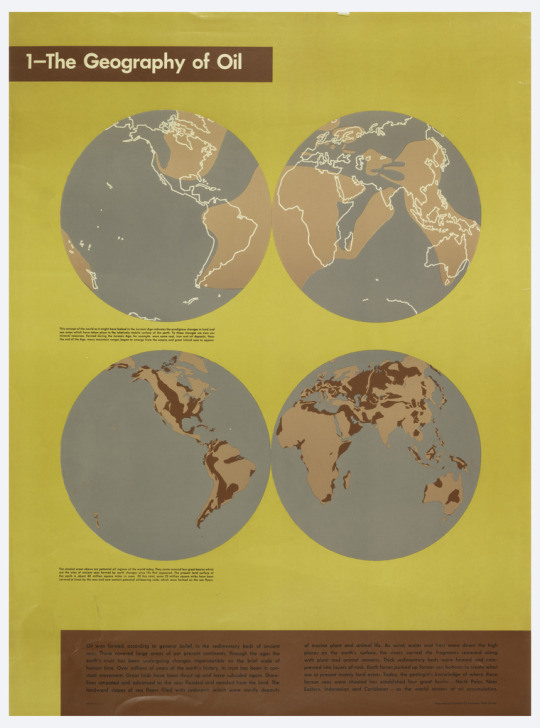
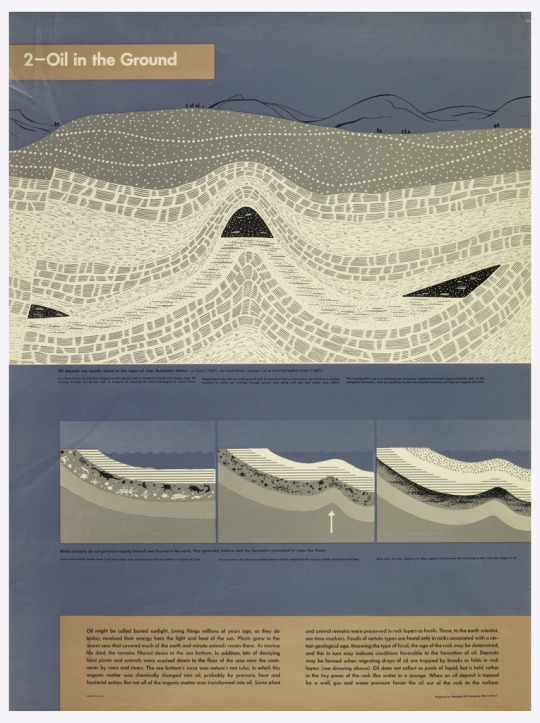
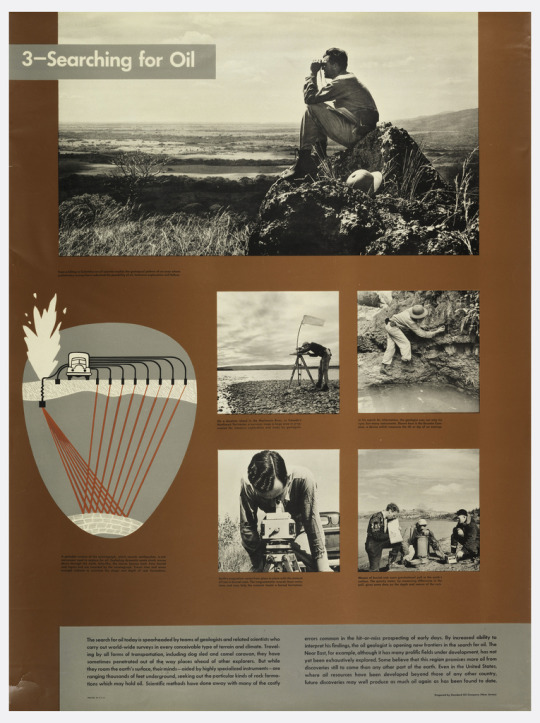
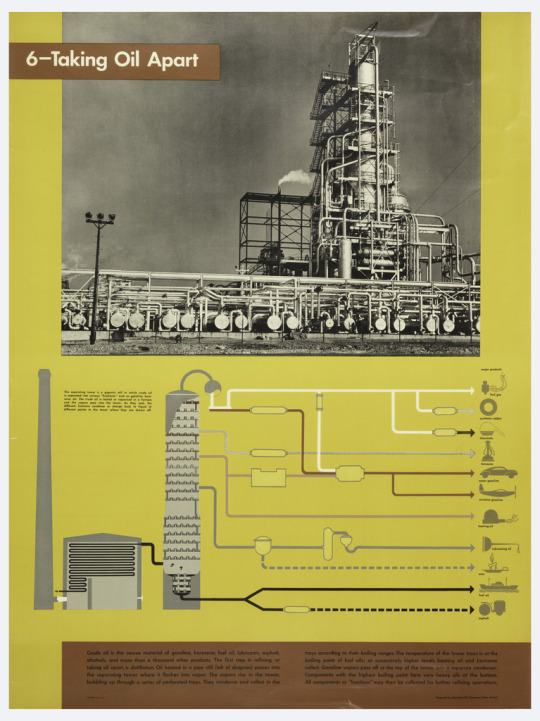
223 notes
·
View notes
Photo
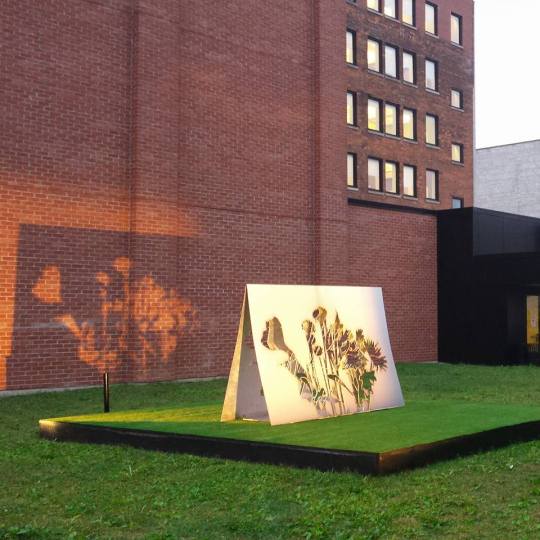
susy olivera, greetings and sympathy, 2015
displayed at hamilton, ontario’s supercrawl festival this weeked
3 notes
·
View notes
Photo
pocket park fyrisån in uppsala, summer 2014
During the summer of 2014, a floating garden was created in the centre of the Swedish city of Uppsala. Located where people pass by daily, the temporary garden uses edible, usable, rare and wild plants in order to showcase what locals can grow in their neighbourhood.
Visitors have been able to embark the garden to get advice on how to cultivate their own plot as well as take home some freshly harvested produce. The garden has also acted as a venue for discussions concerning urban farming. Seminars have focused on climate change, organic cooking, permaculture and vegetable dyes.The project has used everyday materials and easy-to-understand construction in order to demystify the challenges in creating one’s own cultivation.
Pocket Park Fyrisån was jointly commissioned by the municipality of Uppsala and Pop Upp. The garden was conceived in collaboration with Coloni and Calle Enström; and designed by interior architect Kristoffer Sundin and landscape architect Ellen Sundin
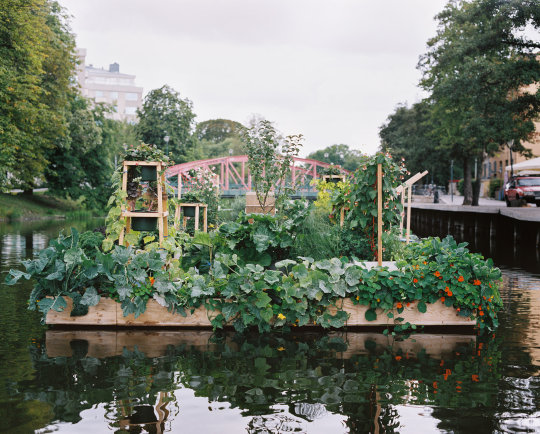
872 notes
·
View notes
Photo
robert smithson, floating island to travel around manhattan island, 1970/2005
Likely an homage to Frederick Law Olmsted’s design of Central Park, Floating Island offers a displacement of the park from its natural habitat, instead of the park being encircled by Manhattan, the park could now circle Manhattan.
The island is a further twist on Smithson’s career-long fascination with displacement. This generally meant taking art outdoors and bringing pieces of the land back indoors, into galleries. In the case of Floating Island, the displacement is all outdoors, an exploration of land and water, urban and rural, real and recreated, center and periphery.
Posthumously realized in 2005 from a sketch made in 1970, the island was towed around Manhattan for a week.
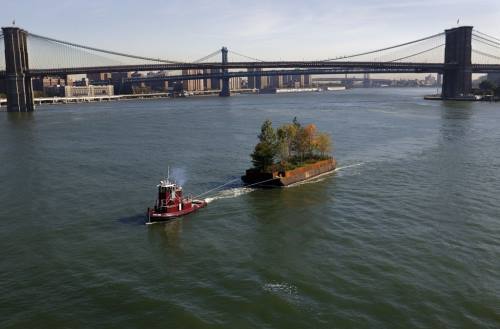
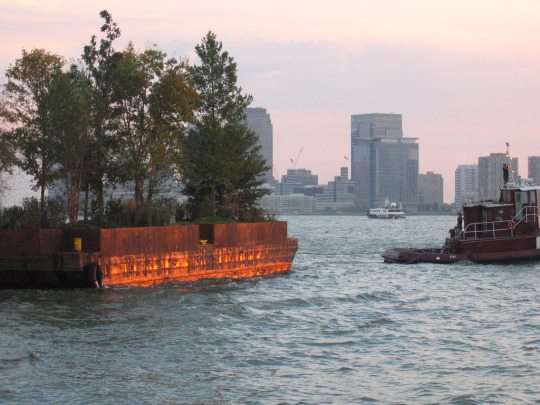
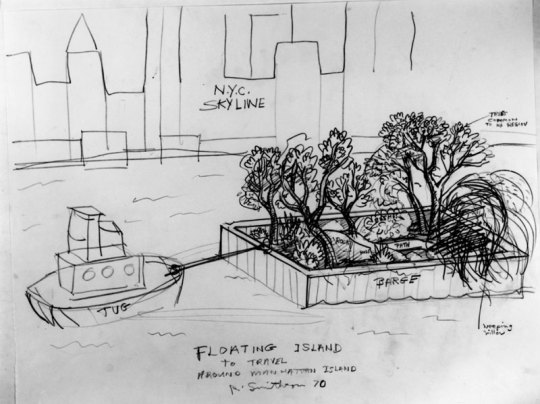
147 notes
·
View notes
Photo
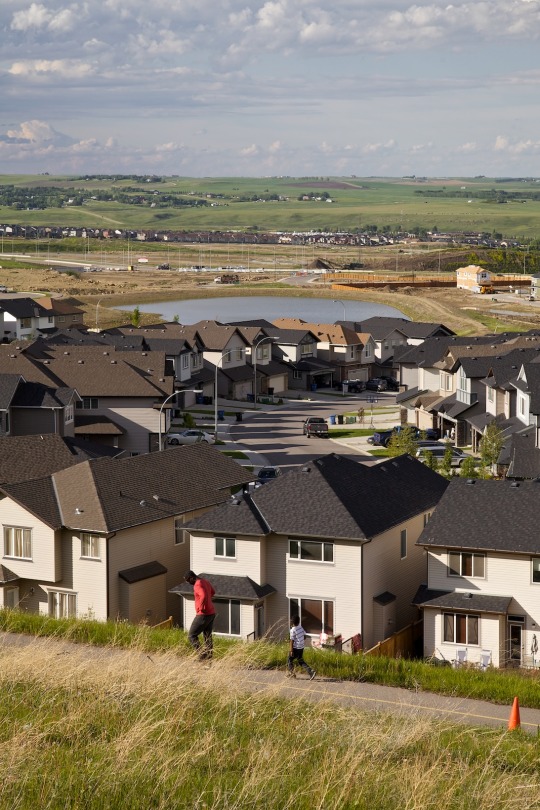
Calgary
16 notes
·
View notes
Photo
do you research a fair before going or do you prefer to just arrive and experience the architecture in the first instance?
a typical shoot lasts three to eight days (to allow for different qualities of light and weather), and my approach has become more finessed over the years. i spend a lot of time studying original fair maps and then lining them up with google maps to see where everything is or would have been. i read about the designers and artists who were part of the fair and the theme.
i also research all the notable architecture i expect to be photographing. i want to see what the “recognisable” postcard views of a structure, such as the space needle or the atomium, are. by studying the current surrounding environment of a structure, i want to challenge myself to make a picture that tells a very different story from that of the typically expected image of it.
— jade doskow interviewed by fiona shipwright for uncube magazine
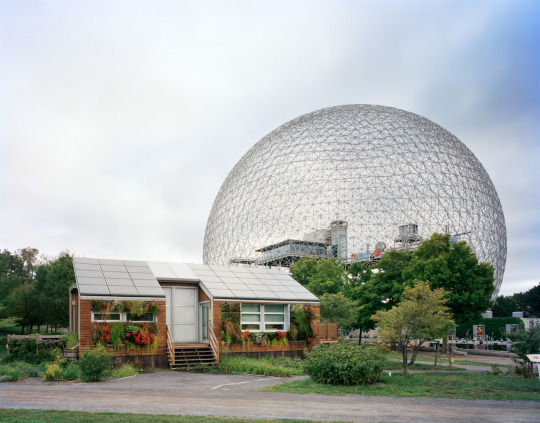
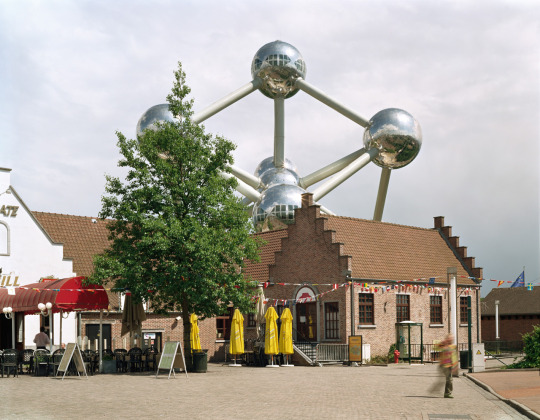
84 notes
·
View notes
Photo
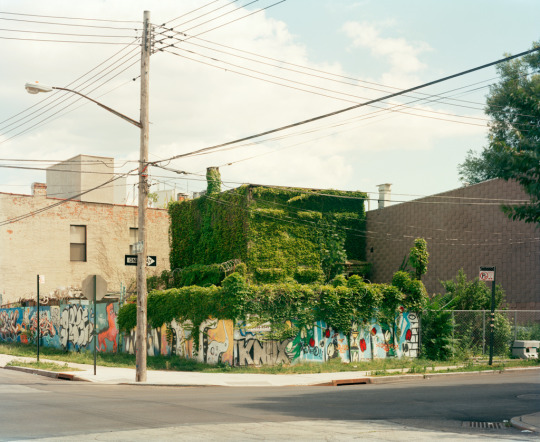
“it is good to study a photographic scene slowly and carefully, observing how objects interact in space. simply shifting your angle in space in relation to your subject can make or break the dynamism of a photograph. start out at a central point, then walk five feet to the left, five feet to the right, and keep photographing, observing how the spatial relationships shift with every step. before you know it, you'll discover the 'sweet spot’ from which to take your photograph”
— jade doskow, green mystery house, 2009
41 notes
·
View notes
Photo
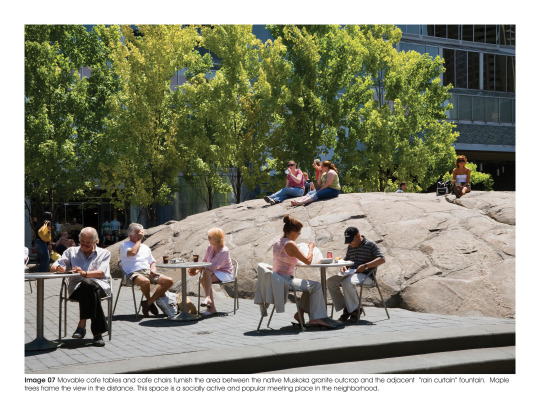
martha schwartz landscape in yorkville, toronto
0 notes
Photo
martha schwartz landscape in dublin, photo by kdamo on flickr
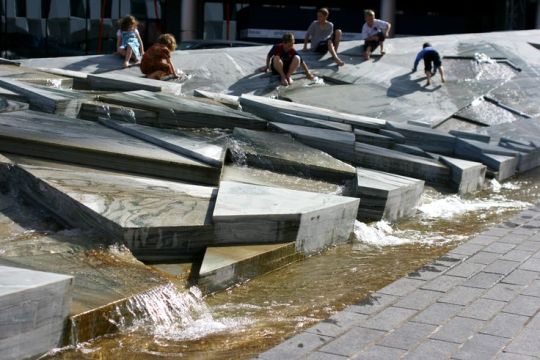
51 notes
·
View notes
Photo
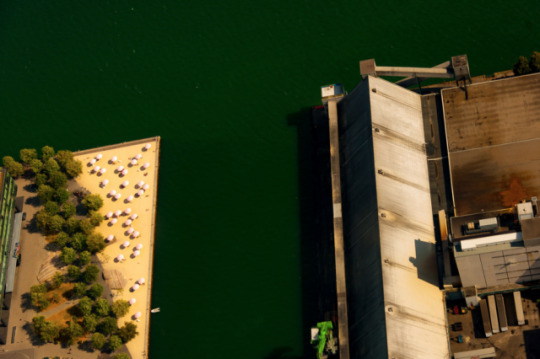
sugar beach (left) and redpath refinery (right), toronto waterfront
3 notes
·
View notes
Photo
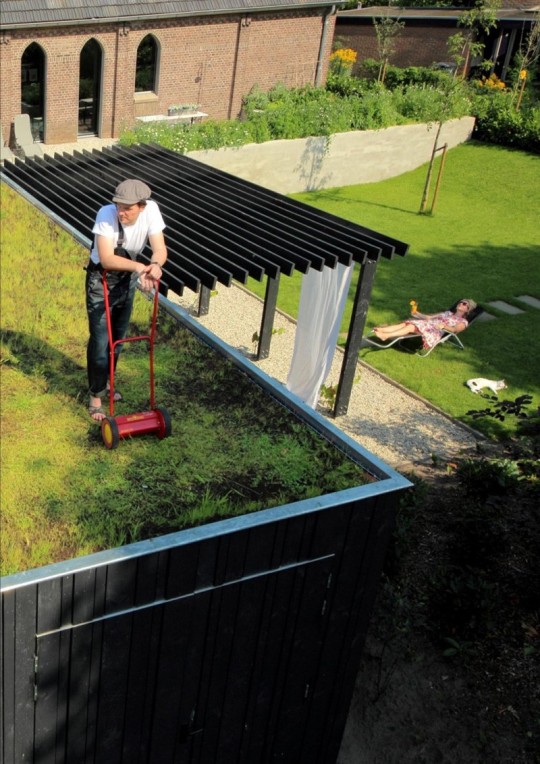
green roof on shipping container
0 notes
Photo
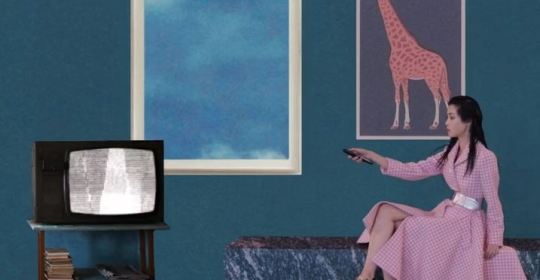
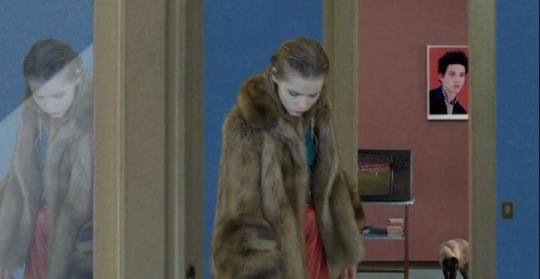
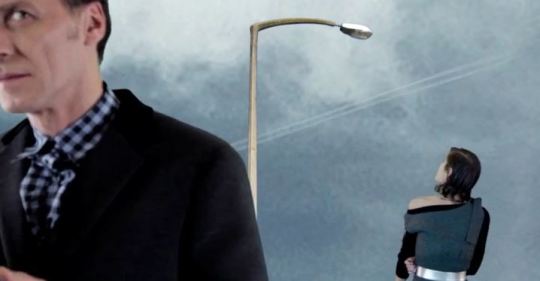
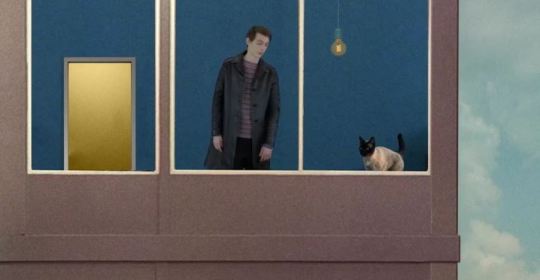
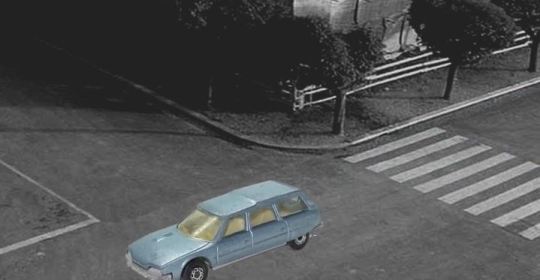
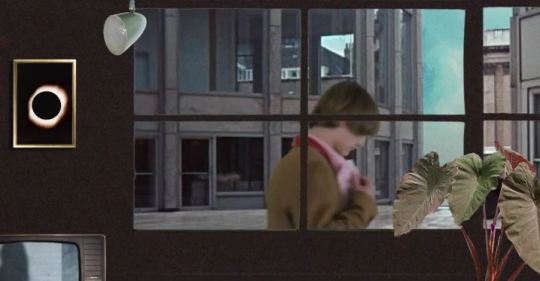
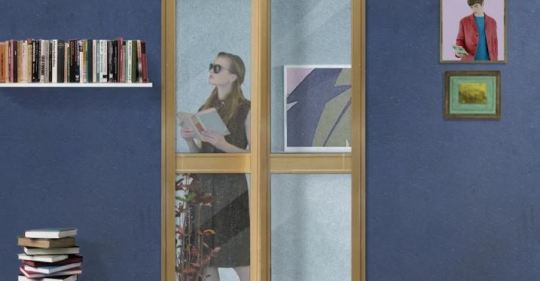
Prada – Real Fantasies FW13 continues the series with its architectural urban and domestic scenes as well as the cinematic and cut & paste aesthetics created by AMO
37 notes
·
View notes
Photo

re: the art of handlettering for decoration and window display (1920-1930)
0 notes
Photo
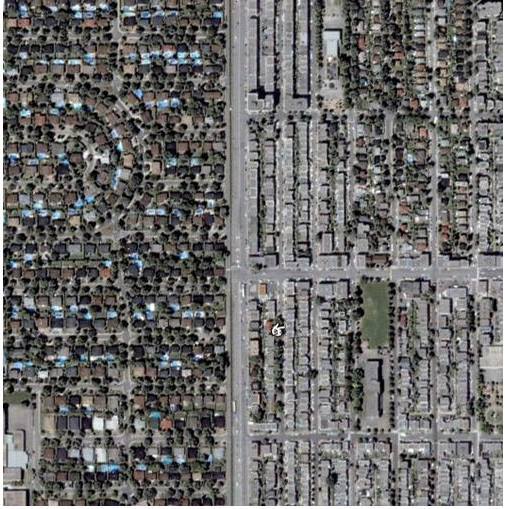
ville mont royal - blvd de l’acadie - parc ex
3 notes
·
View notes
Photo
mikasavela:
“Red urbanism” from a 1974 retail design guidelines for the Back Bay architectural district in Boston.
A reminder on how coherent, effective (yet strange) results a limited visual toolkit can produce, and how efforts put in minimal publishing stylishness used to rule even government planning material
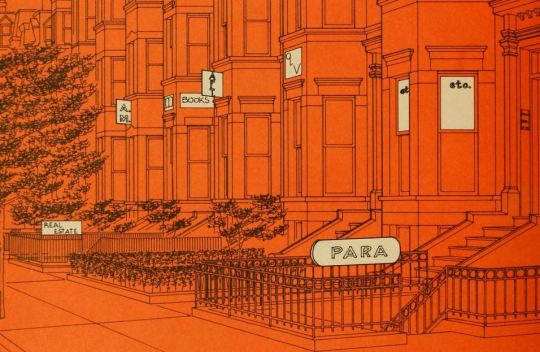
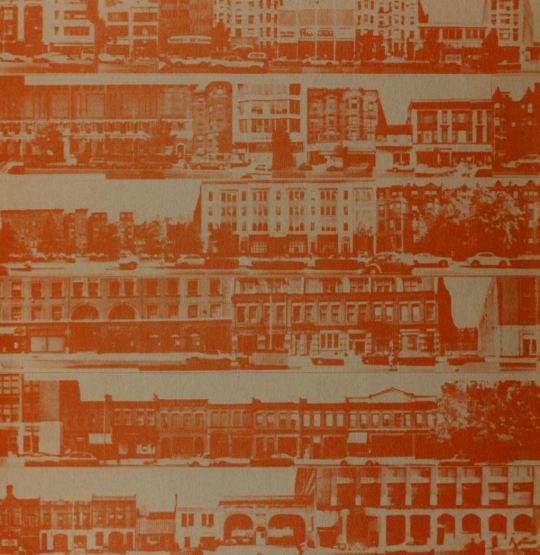
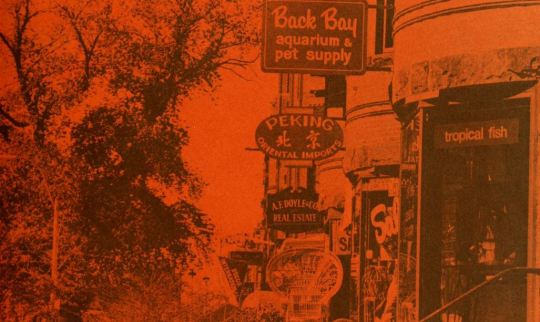
33 notes
·
View notes
